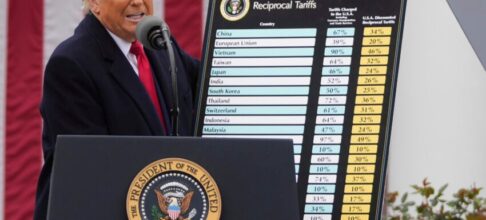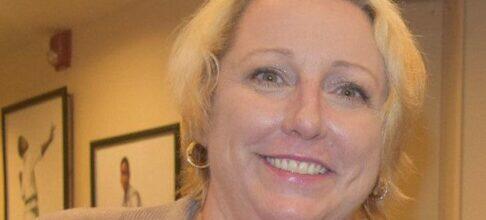Creative Roadmap
Nairametrics previously reported that Hannatu Musawa announced plans to generate two million jobs within Nigeria’s creative industry by 2027. She also revealed that the ministry was set to introduce a financing framework for the sector’s development. During an interactive session with the Nigerian Economic Summit Group (NESG) in Abuja on February 22, 2024, Musawa highlighted collaboration with the NESG and other partners for fundraising and capacity enhancement. This partnership will enable the ministry to contribute over N90 billion to Nigeria’s Gross Domestic Product (GDP) by 2030. “With the right funding mechanism, I think we can do so much to help Nigeria out of the doldrums by creating at least two million jobs from the creative sector value chain by 2027,” she had said.
FG’s Assurance to the Diplomatic Community
According to the News Agency of Nigeria, Musawa said Nigeria’s creative economy encompasses arts, culture, and other sectors. Presenting the roadmap, she stated that it marks a significant milestone in collective efforts to unlock the full potential of Nigeria’s rich cultural heritage and creative industries. According to her, since 2023, the ministry has embarked on a transformative journey, implementing “The 8 Point Plan,” designed to cultivate growth, innovation, and sustainability across Nigeria’s creative sectors. “This ambitious roadmap not only focuses on skill development and policy reform, but also prioritizes the preservation of our cultural heritage and the need to foster strong partnerships. “As we look forward, our vision remains clear: to position Nigeria as Africa’s creative capital while stimulating economic growth through creative industries. “I invite all of you—artists, stakeholders, diplomatic partners, and policymakers—to join us in this transformative endeavor. “Together, we will create an enabling environment for creativity to flourish, ensuring our diverse cultural expressions lead to sustainable development and job creation. “Let us embrace this opportunity to showcase Nigeria’s unique artistic talent to the world and enhance our commitment to driving growth in the creative economy for generations to come,” she said.
UNESCO’s Support
On his part, Abdourahamane Diallo, Head of Office and Country Representative of UNESCO in Nigeria, lauded the minister’s initiatives, adding that they align with UNESCO’s 2005 Convention for the Protection and Promotion of the Diversity of Cultural Expressions.
What You Should Know
Nigeria’s creative industry has grown significantly in recent years, mainly powered by music (Afrobeat) and movies (Nollywood). Nigerian music artists have seen their songs top charts across the world, raking in billions in online streams. Additionally, the Nigerian movie industry (Nollywood) has become the second most productive movie industry globally, only behind India’s Bollywood in terms of movies produced yearly.
The growth in the creative industry in recent times is fueled by Nigeria’s large young population and the multicultural setting of the nation. With over 70% of its 210 million population under 30 years old and about 250 tribes speaking 500 languages, Nigeria is a melting pot of cultures, creating the perfect environment for creativity to thrive.















